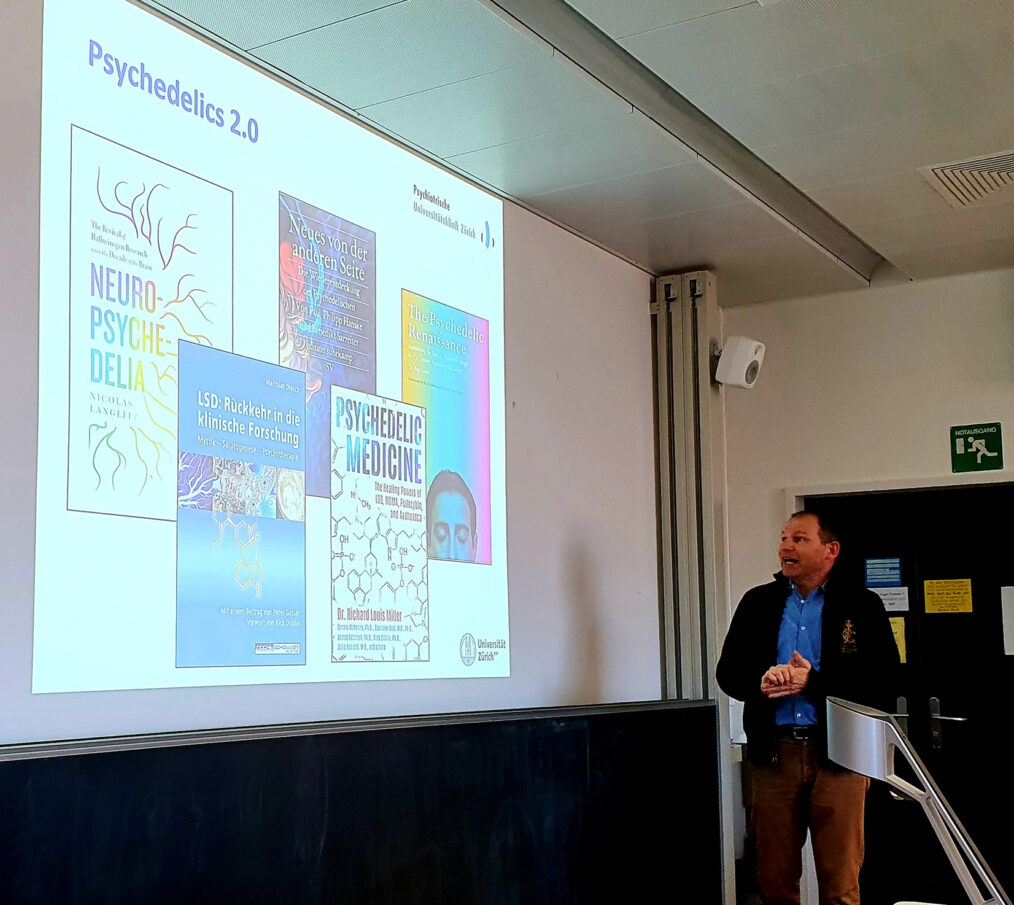Facing stress from daily adversities? The research presented in this blog post supports the idea that listening to music can significantly reduce physiological and psychological stress responses, making it a powerful tool for harmonizing your stress response.
Virginial Pallante, a visiting researcher from the Netherlands Institute for the Study of Crime and Law Enforcement, explains how ethology intersects with the social sciences. Through a primatological lens, Virginia examines human behavior during conflicts, exploring the role of emotions and bystander responses. Her interdisciplinary approach not only enriches the understanding of human behavior but also emphasizes the necessity of collaborative work in addressing complex societal questions.
Communicating about chronic fatigue. And what psychology can teach us about it. Are psychological symptoms less real than physical ones?
Across virtually all levels and topics of education, students need to learn facts. The SlimStampen algorithm, developed at the UG, aims to optimize the process of fact learning. PhD student Thomas Wilschut explains how the algorithm works, what it tells us, and how future work (including his own) can improve it.
Setting goals efficiently drives long-term goal pursuit, but it also facilitates the experience of flow states – such an intense focus on the present activity that goals, as future-oriented objects, lose importance and experience becomes deeply meaningful. Metaphorically, what makes a journey meaningful is not its destination, but the process itself.
Researchers at the National Institute for Public Health and the Environment (RIVM) have analyzed sewage for remnants of certain psychoactive substances. What does it tell us about students’ consumption?
Both psychedelics and meditation have the potential to elicit self-transcendent experiences that are deeply meaningful and healing. This post addresses the question is whether it is possible to create a synergistic combination of psychedelics and meditation. A recent study addresses this topic, and is the subject of a documentary, “Descending the Mountain”, which will be screened on April 30, 2023.
Machine learning in cognitive neuroscience In modern cognitive neuroscience, it has become common-practice to apply machine learning techniques to data obtained through neuroimaging. Despite this widespread use, however, there is something amazingly enigmatic about it. On the one hand, there is this organ that for millennia has eluded scholars: billions of neurons connected in myriads […]
Three master students write about the pitfalls and opportunities of creative group work. Traits that seem a bonus, may turn out to be a pitfall – and the other way around.
After their demonization and prohibition decades ago, psychedelic drugs are now again investigated by scientists. Stephan Schleim shares impressions from a recent visit to the Psychiatric University Hospital Zurich, one of the pioneering places for this research. Do psychedelics have therapeutic potential?










